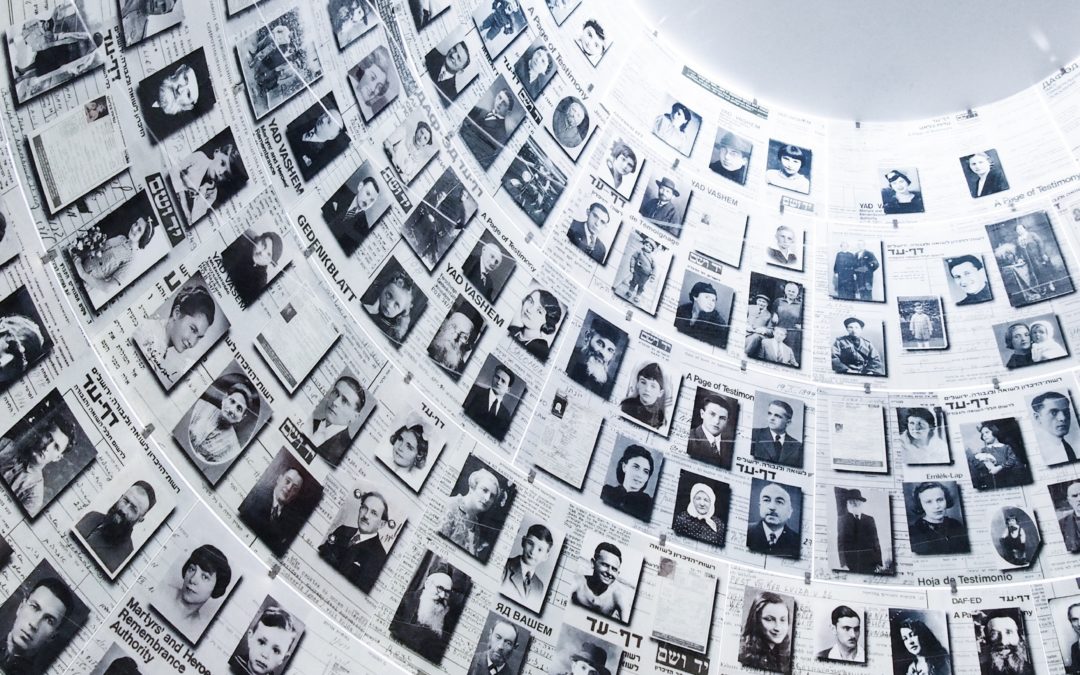by Christine Ege
In light of the abundant evidence that unequivocally documents the events of the Holocaust, the concept of Holocaust denial might seem preposterous. However, denial of historical truths related to the Holocaust is actively promoted by certain scientific, academic, and political groups. In Chapter 10 of Dr. Susanna Kokkonen’s book, Journey to the Holocaust, the author addresses the spurious rationale that serves as the foundation for Holocaust denial and explains why it is vital to stand against it.
According to Dr. Kokkonen, denying the Holocaust ever happened is an “attack on remembrance” and an “attack on historical truth” (p. 277). Holocaust denial springs from an array of motivations – focusing on details that distract from the key questions prompted by the Holocaust; choosing to ignore specific facts; insisting that more research must be conducted or that the matter should be forgotten; or even political motivations (p. 279).
Regardless of the motivation or rationale behind it, Holocaust denial inflicts pain on those who experienced it firsthand. “To the Holocaust witnesses, the ones who experienced it, the denial of their experience is just one more attack upon them, and it hurts even more because it is a continuation of the Holocaust” (p. 279). Once again, survivors suffer the pain of marginalization and invalidation by those who claim the horrors never happened.
In essence, Holocaust denial is an expression of antisemitism, particularly when the otherwise well-documented victimization of the Jews is understated, misrepresented, or completely disregarded. The only way to combat this problem is to actively and consistently educate ourselves and those around us about the details of the Holocaust and the issues that lie at the heart of the problem – the different forms and expressions of antisemitism that are alive and well in our educational systems, our governments, our churches, and our own hearts. If we deny the truth, we are doomed to repeat the horrors of the past.

